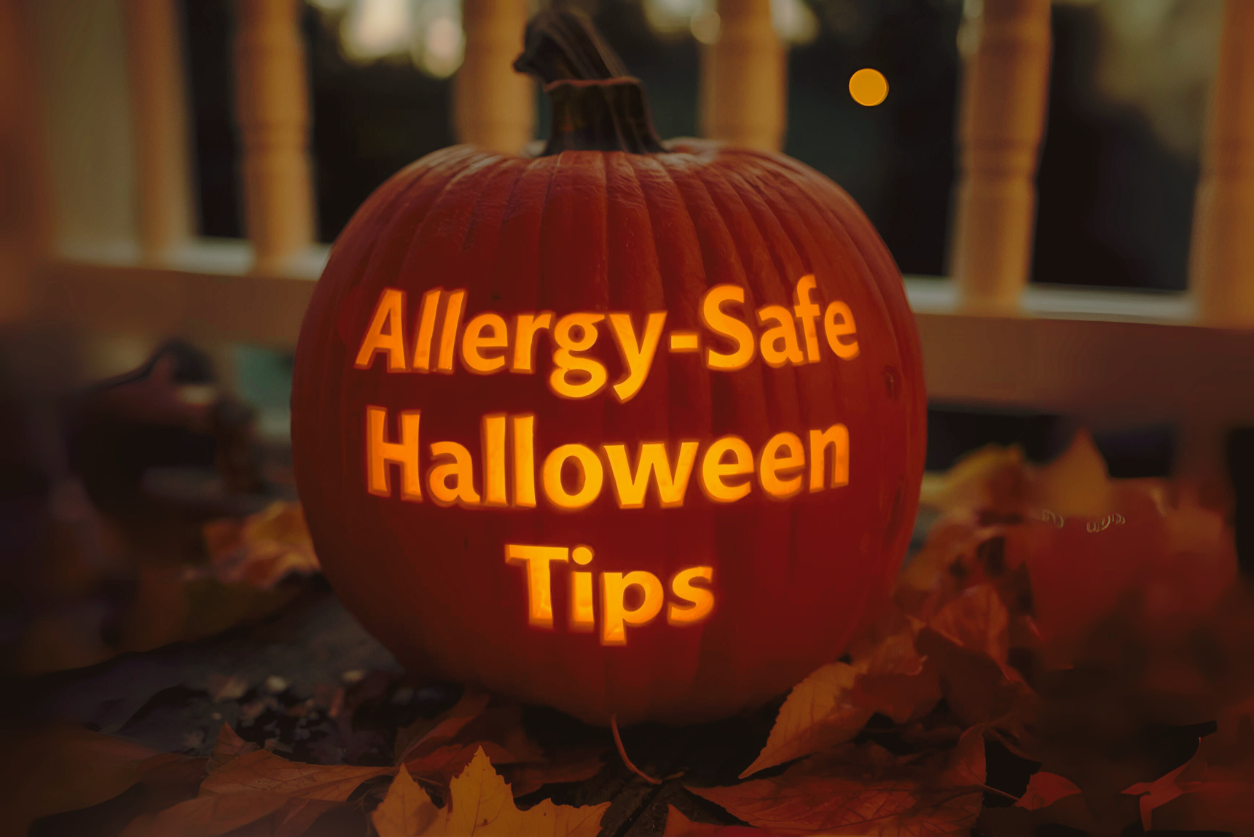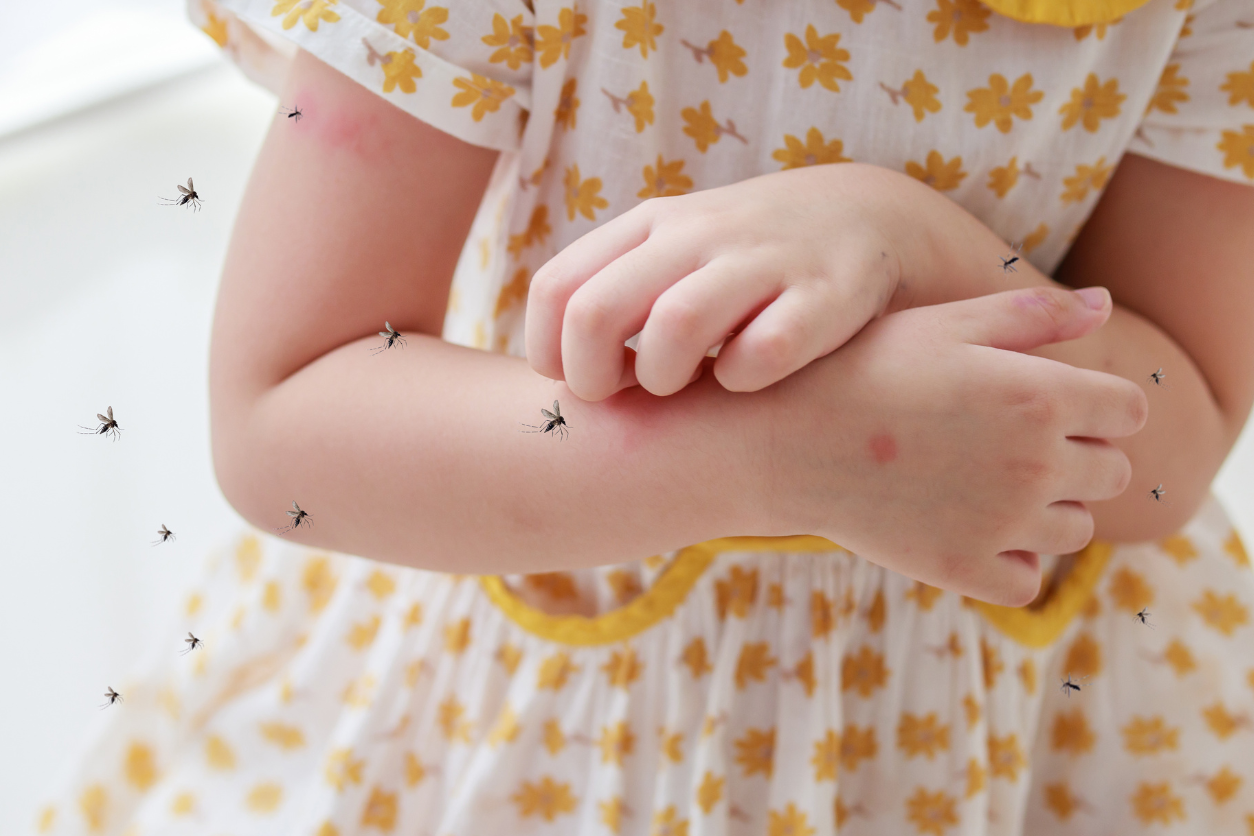Double Trouble … if you’re dealing with hay fever and food allergies, you might have noticed that they often seem to go hand-in-hand. This isn’t just in your head — there’s a well-documented connection between these two conditions. At Southwest Allergy & Asthma Center, we believe in empowering our patients with knowledge, so let’s dive into how hay fever and food allergies are related and what you can do to manage them.
Understanding Hay Fever
Hay fever is a common condition characterized by symptoms such as sneezing, itchy and watery eyes, nasal congestion, and a runny nose. These symptoms are typically triggered by airborne allergens like pollen, dust mites and pet dander.
Food Allergies Explained
Food allergies occur when the immune system mistakenly identifies a harmless food protein as a threat and triggers a reaction in the body. Common food allergy symptoms include hives, itching, swelling, stomach discomfort and in severe cases, even anaphylaxis. Common food allergens in Texas patients include peanuts, tree nuts, milk, eggs, wheat, soy, fish and shellfish.
The Link Between Hay Fever and Food Allergies
The hay fever and food allergies connection is mostly due to a phenomenon known as Oral Allergy Syndrome (OAS). OAS occurs because certain proteins in fruits, vegetables and nuts are similar to the proteins found in pollen. When someone with hay fever eats these foods, their immune system can mistake the food proteins for pollen proteins, causing a localized and typically non-life-threatening reaction in the body. Typical signs and symptoms of OAS include itchy mouth, tongue, top palate, sneezing, itchy ears, localized swelling of lips, and an itchy rash around the lips and mouth
Common Reactions
- Birch Pollen: If you’re allergic to birch pollen, you might react to apples, carrots, celery, hazelnuts and almonds.
- Ragweed Pollen: Those with ragweed allergies often react to bananas, melons (such as cantaloupe, honeydew and watermelon), and cucumbers.
- Grass Pollen: Grass pollen allergies can lead to reactions with peaches, celery, tomatoes and melons.
Managing Hay Fever and Food Allergies
Knowing the connection between hay fever and food allergies can help you manage your symptoms more effectively. Here are some helpful tips.
1. Avoid Your Triggers
If you know certain foods trigger your OAS, avoid them, especially during peak pollen seasons. Cooking or peeling fruits and vegetables can sometimes reduce their allergenic proteins, making them safer to eat.
2. Keep a Food Diary
Keeping a detailed food diary can help you identify which foods cause reactions. Write down everything you eat and any symptoms you experience to pinpoint specific triggers.
3. Be Prepared
Antihistamines can control both hay fever and mild food allergy symptoms but if you have severe food allergies, always carry an EpiPen and know how to use it.
4. Manage Your Environment
Minimize your exposure to pollen by keeping windows closed during high pollen days, using air purifiers, and showering after spending time outdoors. Make sure to regularly clean your living environment.
5. Consult with an Allergist
A Southwest Allergy & Asthma Center specialist can perform tests to identify your specific pollen and food allergies. They can also provide a personalized treatment plan to manage your symptoms and avoid triggers.
When to Seek Professional Help
While over-the-counter medications and lifestyle changes can help manage mild symptoms, severe reactions require professional attention.
Schedule a consultation at Southwest Allergy & Asthma Center today for a custom plan to make sure you’re living your best, most comfortable life.





